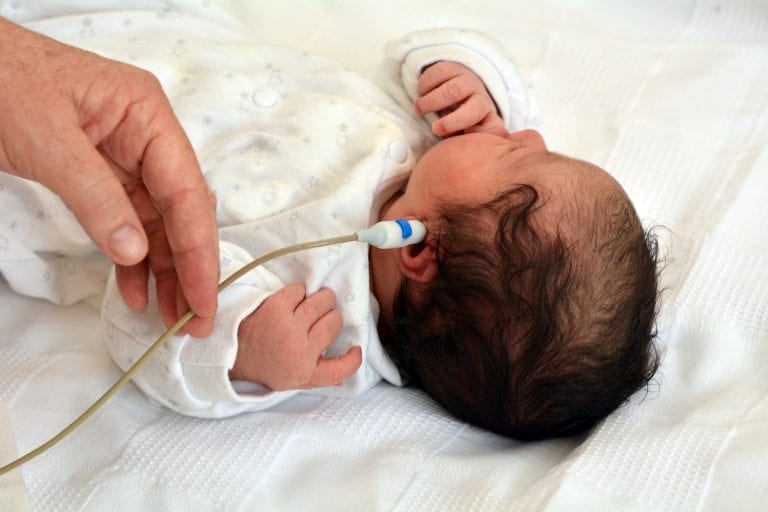Understanding Newborn Screening
Understanding Newborn screening: Don’t panic when your nurse begins your baby’s newborn screening not long after birth. It’s not that she suspects that something’s wrong—newborn screening is required in all 50 states to help detect health problems or potential issues for your baby early on.
Screening actually helps you give your baby a great start. Many of the conditions experts are looking for can’t be detected just by looking at your baby. This makes newborn screening even more important.
More than 95% of babies get newborn screening. Most health insurance plans cover it, but you can’t be denied screening for your baby if you don’t have insurance or can’t afford to it.
Newborn Screening Tests
The particular newborn tests that get performed are specific to the state where you live, but all states screen for at least 26 different conditions—some as many as 51. The most common ones you may have heard of are the newborn hearing screen, and the sickle cell and PKU (phenylketonuria) screens.
Other conditions include: metabolic problems, primary congenital hypothyroidism, hemoglobin disorders, critical congenital heart disease and cystic fibrosis, to name a few.
Undergoing Newborn Screening
In the first 48 hours of baby’s life—and before you leave the hospital—your baby should be screened via blood test, speakers on his or her ears and a sensor on his or her skin. If you’ve birthed your baby at home, schedule an appointment with your midwife or pediatrician to have the screening done before baby is more than 48 hours old. Some states require rescreening at two weeks—ask your healthcare provider about your state.
What Do the Results Mean?
A positive result does not necessarily mean that your baby has the condition or a problem. Your baby may need retesting or further testing, or you may need to see a specialist for follow up.
The 3 Newborn Screening Tests
- Heel Stick: Your baby’s heel is quickly pricked and a few drops of blood captured on a card that goes to a lab. Your baby may cry but will soon soothe with cuddling or nursing. Results should be available in two weeks.
Watch a video on the newborn heel stick test
- Hearing Test: Your nurse will place speakers on your baby’s ears and watch for his or her reactions to sounds. There’s no pain and it’s completed quickly.
- Sensor Test: To check for a heart problem called critical congenital heart disease your nurse will use a small pulse oximeter sensor on your baby’s finger or toe to measure the oxygen in baby’s blood. You’ll have those results right away.
LEARN MORE
Newborn Screening Basics
Understanding Newborn Screening
What If One of My Baby’s Tests has an Abnormal Result? (Video)






Comments are closed.